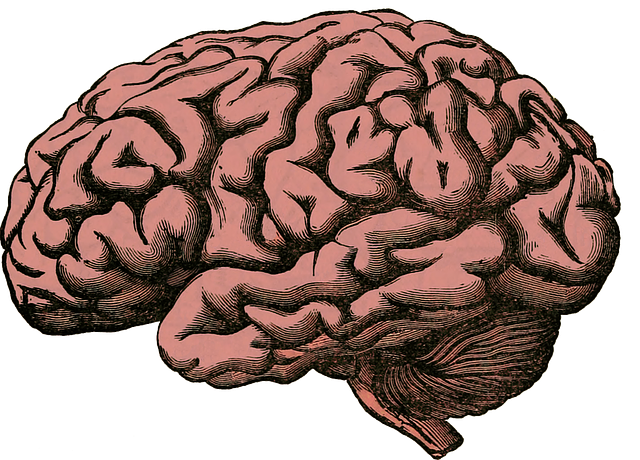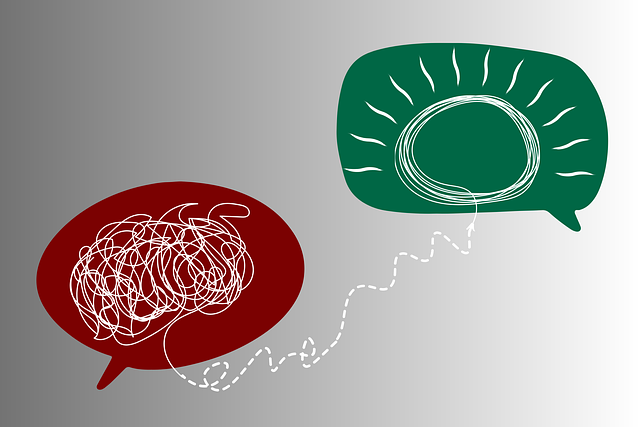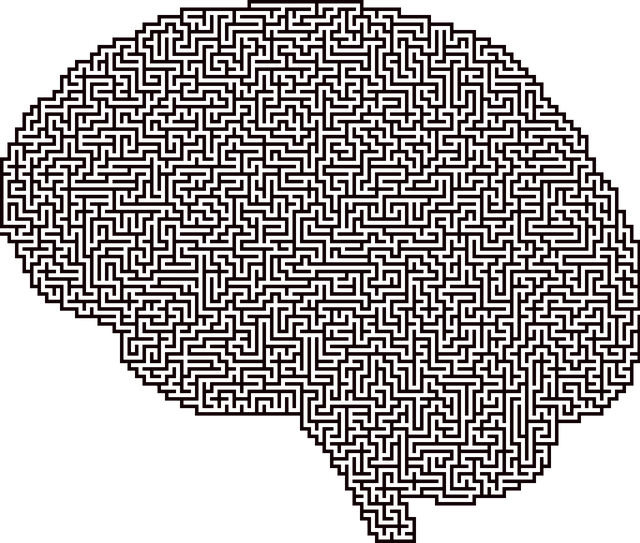Centennial ADD-ADHD Therapy offers specialized grief counseling for individuals with Attention Deficit Disorder (ADD) or Attention Deficit Hyperactivity Disorder (ADHD), addressing their unique emotional processing challenges during bereavement. Through evidence-based practices, talk therapy, and community outreach, this holistic approach combines traditional grief support with strategies to manage daily living, crisis intervention, and burnout prevention. The goal is to foster resilience, personal growth, and meaningful healing while reducing the stigma around ADD/ADHD.
“Loss, grief, and bereavement counseling are essential components of healing for individuals navigating profound emotional challenges. This article delves into the impact of these processes on those with Attention Deficit Disorder/Hyperactivity Disorder (ADD/ADHD), exploring unique considerations in their therapeutic journey. We discuss how counseling plays a pivotal role in helping clients cope, offering strategies to manage symptoms and facilitate movement towards healing. The Centennial Therapy Approach, specifically tailored for ADD-ADHD, emerges as a powerful method to support individuals in processing grief and embracing recovery.”
- Understanding Loss, Grief, and Bereavement: The Impact on Individuals with ADD/ADHD
- The Role of Counseling in Navigating Difficulties After Loss
- Centennial Therapy Approach: Supporting Clients Through Grief and Movement Towards Healing
Understanding Loss, Grief, and Bereavement: The Impact on Individuals with ADD/ADHD

Understanding loss, grief, and bereavement is a complex process, especially for individuals with Attention Deficit Disorder (ADD) or Attention Deficit Hyperactivity Disorder (ADHD). These conditions can significantly impact how one navigates such challenging emotions, making it crucial to explore tailored therapeutic approaches. Centennial ADD-ADHD therapy offers specialized support, recognizing the unique challenges these individuals face during times of loss and grief.
When a loved one passes away or a significant relationship ends, people with ADD/ADHD may experience heightened difficulty in processing their emotions. They might struggle with self-awareness exercises, finding it hard to identify and express feelings effectively. The impact can be further compounded by the symptoms associated with ADHD, such as impulsivity and inattention, which can interfere with the grieving process. However, through targeted therapy, individuals can develop resilience-building skills, learn coping strategies, and engage in meaningful public awareness campaigns that shed light on these often-misunderstood challenges.
The Role of Counseling in Navigating Difficulties After Loss

After experiencing a significant loss, individuals often face a myriad of complex emotions and challenges that can be overwhelming. This is where counseling plays a pivotal role in providing a safe space to navigate these difficulties. Through professional guidance, those grieving can explore their feelings, gain valuable coping mechanisms, and develop strategies to manage the profound impact of loss.
Centennial ADD-ADHD Therapy offers specialized support tailored to address the unique needs of individuals grappling with grief and bereavement. By incorporating evidence-based practices such as Burnout Prevention Strategies for Healthcare Providers, Mindfulness Meditation, and Inner Strength Development, counseling sessions empower clients to cultivate resilience. This holistic approach not only aids in the healing process but also equips individuals with tools to foster personal growth and find meaning within their experiences.
Centennial Therapy Approach: Supporting Clients Through Grief and Movement Towards Healing

The Centennial Therapy Approach to grief and bereavement counseling recognizes that healing is a journey, not a destination. This holistic method, which incorporates elements of Centennial ADD-ADHD Therapy, goes beyond traditional talk therapy by supporting clients in processing their emotions while also focusing on practical aspects of daily living. By combining crisis intervention guidance with strategies for burnout prevention, therapists help individuals navigate the complexities of grief and develop coping mechanisms tailored to their unique experiences.
This approach not only addresses the immediate needs of those dealing with loss but also fosters resilience and personal growth over time. The Centennial model further enhances healing through community outreach program implementation, connecting clients with support systems beyond the therapy room. By embracing this multifaceted strategy, counselors can facilitate meaningful movement towards healing and restoration for their clients.
Loss, grief, and bereavement can profoundly affect individuals with ADD/ADHD, presenting unique challenges in processing emotions and adjusting to life changes. In such cases, counseling plays a vital role in providing support and guidance. The Centennial Therapy Approach, specifically tailored for clients with ADD-ADHD, offers a compassionate and effective framework for navigating grief and fostering healing. By combining understanding, empathy, and evidence-based strategies, Centennial ADD-ADHD therapy empowers individuals to process their loss, develop coping mechanisms, and ultimately move towards emotional recovery.












